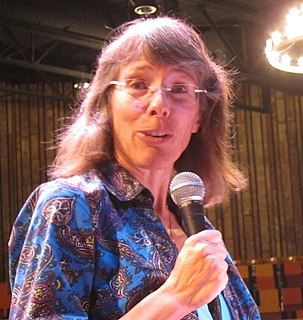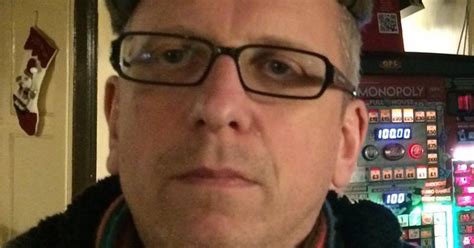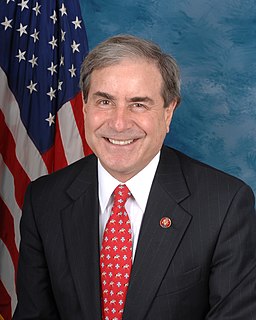A Quote by Joan Blades
Touch screen voting is a fine thing so long as they have a voter verified paper trail.
Related Quotes
Touch-screen voting machines absolutely cannot be relied upon. Our recommendation was optiscan ballots - where you actually have custody of the actual ballots after the ballots have been passed through the computer. That's the most reliable system to use. And people should not use the electronic voting machines. Even electronic voting machines with paper trails can be manipulated.
As a blind voter, I'm strongly opposed to the paperless e-voting machines that the NFB is trying to force onto us. I want a voting system that is accessible to as many voters as possible and that also produces an audit trail. The paperless machines are simply the wrong approach, and I support the County's efforts to try to find a better way.
Voting by mail has a long, venerable tradition in this country, most notably the election of 1864, when 150,000 Union soldiers sent in ballots that helped ensure President Abraham Lincoln's reelection, the preservation of the union and the abolition of slavery. Mailed votes leave a paper trail that renders them less, not more, susceptible to fraud.
People aren't necessarily as concerned with how you vote as long as they feel they have a voice. If you can cross that basic threshold - that is, when a voter knows you're willing to listen to them and that you care about their lives - then that's most of what you need to get their vote. It's not your voting record.
Let's remind ourselves that offering an opportunity for somebody to register to vote at the Department of Motor Vehicles has been required by federal law for decades now. We know it as motor voter. So whether it's motor voter and people registering on paper or online voter registration, we have the protocols in place to keep people who are not eligible to register to vote from registering, whether it's for citizenship status, whether it's for age or any other reason.

































